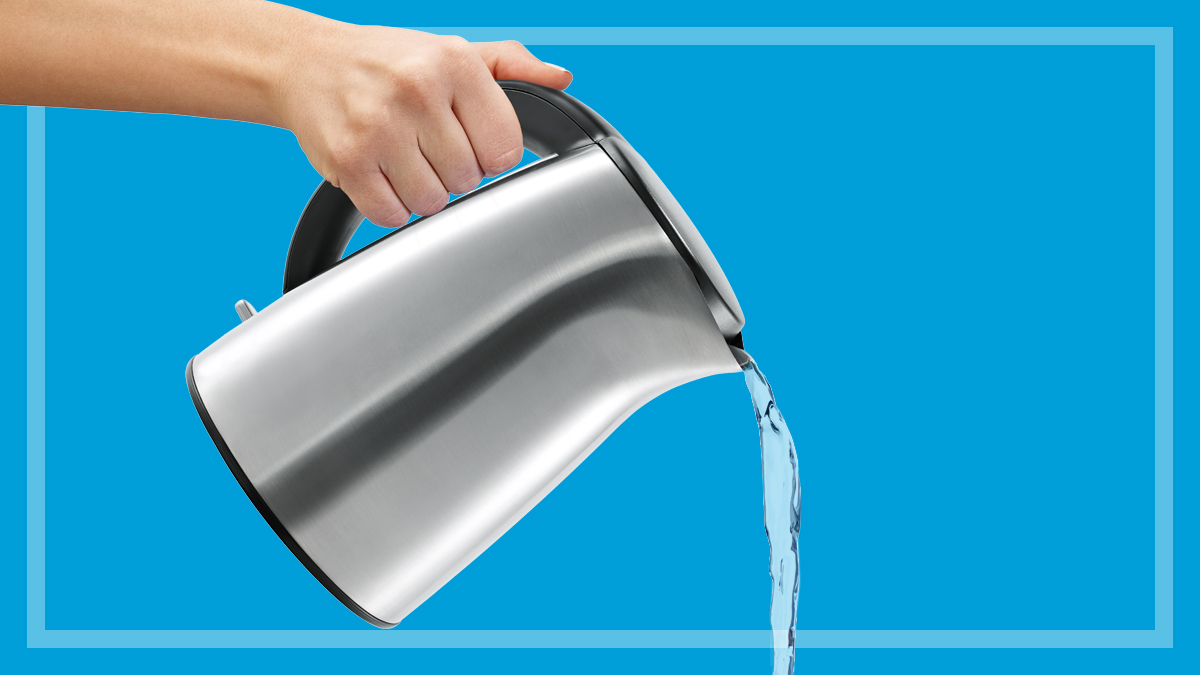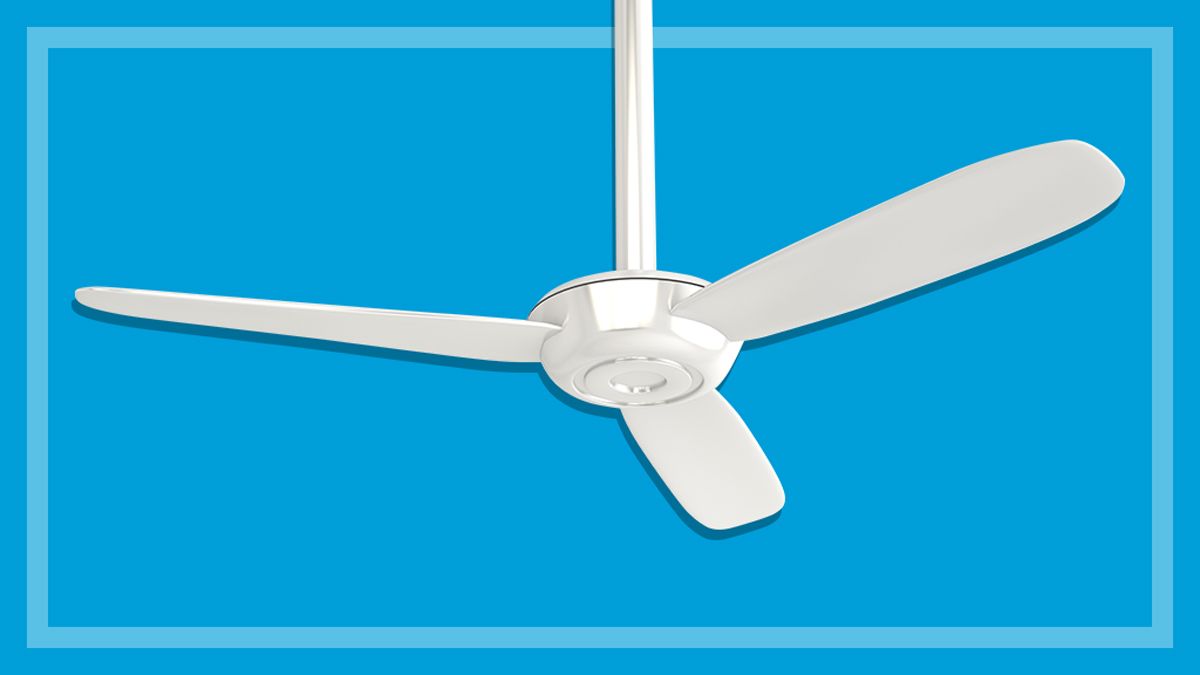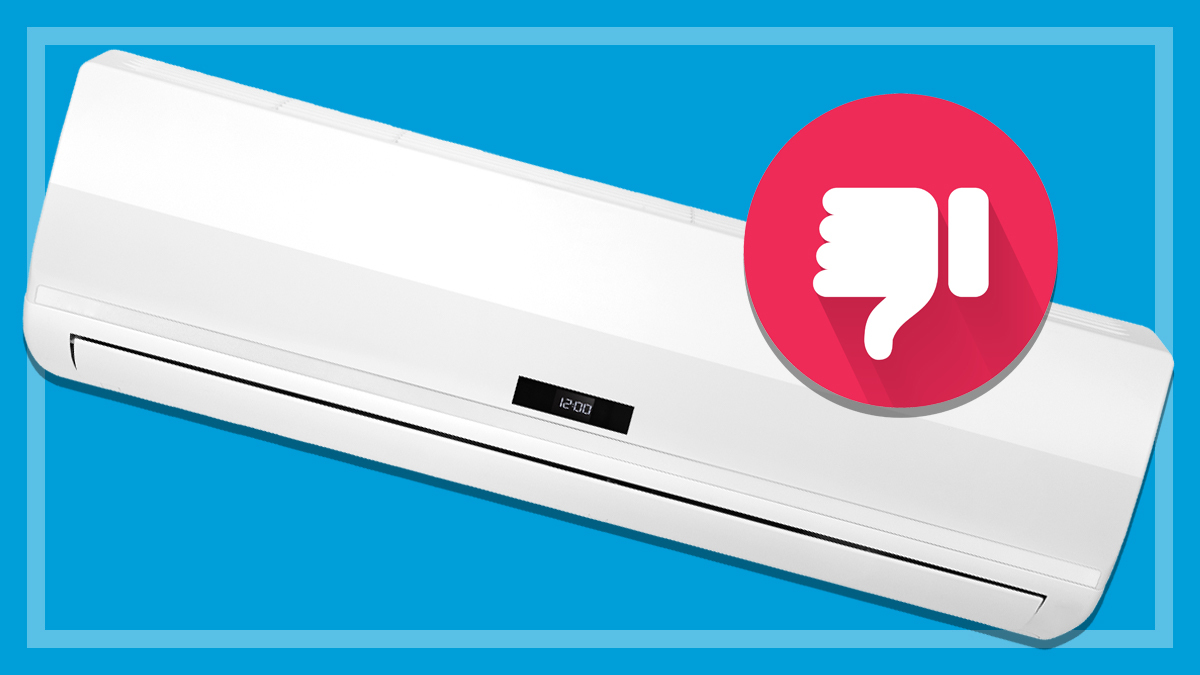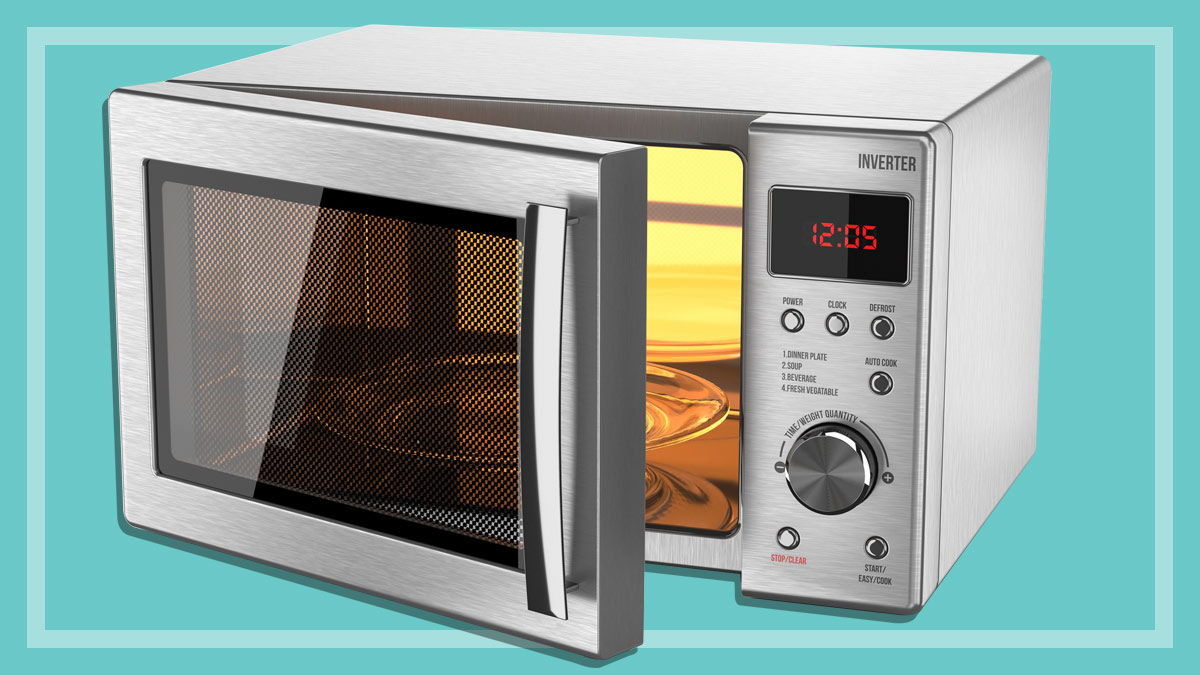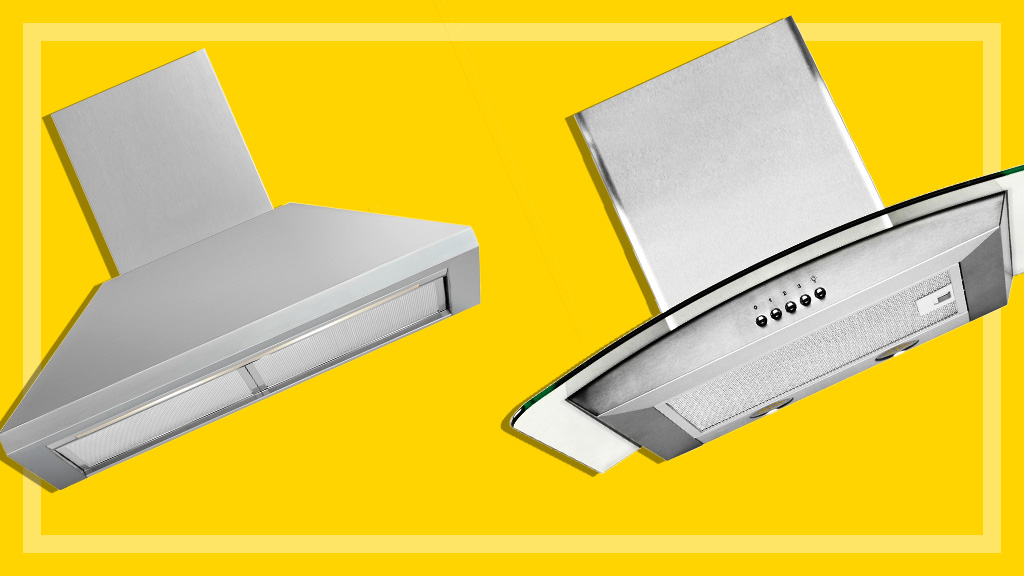Get our independent lab tests, expert reviews and honest advice.
Cheap vs expensive kettles: How much do you really need to spend?
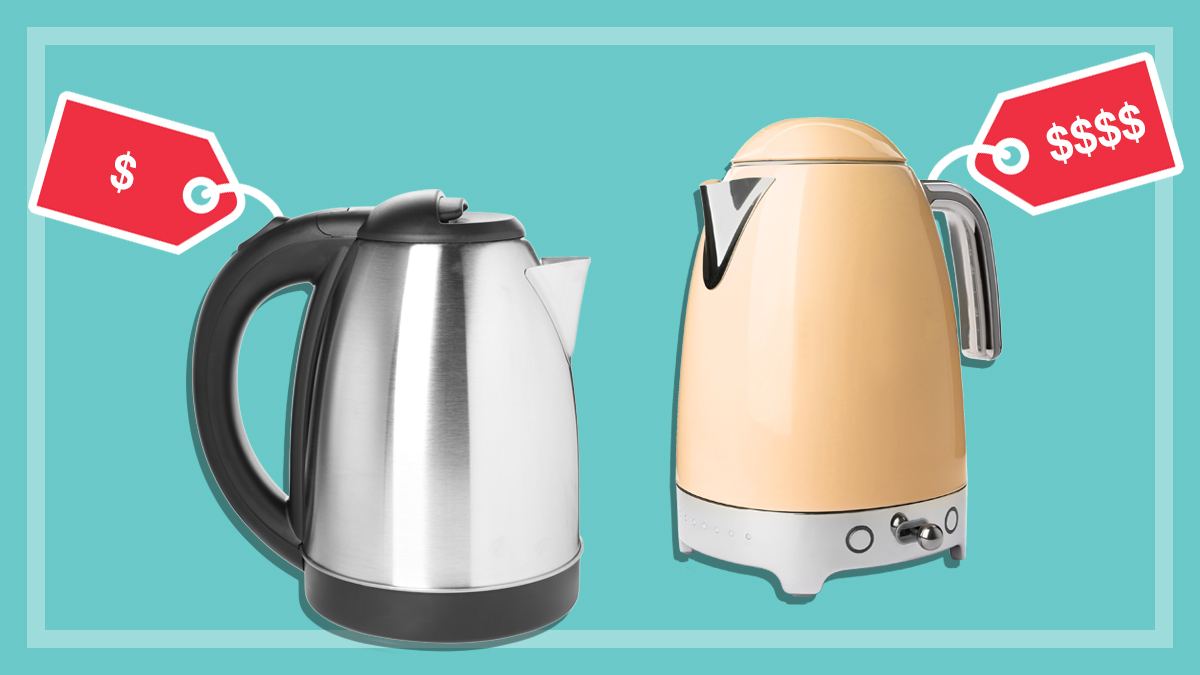
With price tags ranging from $15 through to $500, it can be hard to know what’s a reasonable price to pay for a good kettle.
And when a $15 kettle may well do the one job a kettle is supposed to do (boil water for your cup of tea), then what does an extra $485 buy you?
We looked at some data on the best and worst performers in our kettle tests to see what the numbers say. (Spoiler: more expensive doesn’t always mean better.)
If all you want your kettle to do is boil water, then a $15 kettle will probably do the job
Adrian Lini, CHOICE appliance expert
“If all you want your kettle to do is boil water, then a $15 kettle will probably do the job,” says CHOICE small appliances expert Adrian Lini.
“Price only matters if you want the extra bells and whistles, or if you care about what it’s made from and what it looks like.”
Which features cost more?
Typically, the more expensive kettles have additional features, like pre-set temperatures, keep-warm functions and ‘quiet boil’ capabilities.
Aside from features, a lot of what pushes the price up is aesthetics.
“You’re going to have to spend extra if you want more attractive finishes such as stainless steel, glass, bright colours, a unique or retro design, or special design features such as raised patterns,” Adrian says.

The brand tax
Of course, you’ll also pay extra for particular brands.
Smeg, for instance, has a reputation for its ‘designer’-esque appliances – with a price tag to match.
The Smeg kettles we’ve tested cost from $199 for a mini kettle to $329 for a variable-temperature version, but they didn’t exactly blow us away with their performance.
Interestingly, the most expensive Smeg kettle actually performed worse than the two cheaper ones.
Not only that, but its preset temperatures were actually incorrect by between 1 and 8°C – so just because a kettle has fancy features doesn’t necessarily mean that they’ll work!

Then there’s the $529 Bugatti Jackie kettle that our experts scored just 65%.
Not only did it come dead last in our testing, it was also well and truly trounced by every single budget kettle from Kmart, Target, Big W and Ikea.
It costs a whopping 35 times the price of a $15 Big W kettle. Thirty-five times!
If you really want to waste your money, Bugatti also makes a toaster costing $439 (or $799 for a rose gold version) that’s one of the lowest-scoring models in our review.
How much should you pay for a kettle?
While we can’t give away all our secrets (they’re available for CHOICE members, though), what we can tell you is that of the 10 electric kettles our experts recommend, seven of them cost less than $100 – so clearly performance isn’t linked to price.
Still not convinced? We crunched the numbers of the best and worst performing kettles in our tests, and here’s what we found.
Cheap vs expensive kettles: Does spending more get you a better boil?
X axis: Price ($)
Y axis: CHOICE Expert Rating (%)
As you can see from the graph above, there’s no correlation between the price of a kettle and how well it scored – so there’s definitely no way to tell if a kettle will be any good based on price alone.
We also did a number crunch of prices for the best and worst performers in our tests.
For kettles our experts recommend:
- Lowest price: $15
- Highest price: $259
- Median price: $70
For the lowest scoring kettles we tested:
- Lowest price: $40
- Highest price: $529
- Median price: $130
All of this just goes to show that it’s impossible to sort the knockouts from the dropouts just by the price tag.
You can get great performance from a cheap, basic kettle, or terrible performance from an expensive kettle with all the fancy features – and every permutation in between.
Other factors to consider
“If you’re just after something that will heat your water to boil, pretty much any kettle will do the job,” says Adrian.
“Kettles are such simple appliances that even the basic ones will most likely last you 4–5 years or even more.
“However, a cheap kettle will often be made from cheaper materials such as plastic, which may not age as gracefully as a stainless steel one.”
But price and prettiness aren’t the only things to consider when you’re buying a kettle.
Some kettles take longer than others to boil, so if you’re the kind of person who needs their morning cuppa ASAP, check our reviews to see which ones will help you caffeinate faster.
Kettles are such simple appliances that even the basic ones will most likely last you 4–5 years or even more.
Adrian Lini, CHOICE appliance expert
“You should also consider how much you use your kettle,” Adrian says.
“I have a friend who boils the kettle 10+ times a day, whereas I probably use it once a day at most.
“If you’re a big tea drinker it may be worth looking for a kettle that’s built with a bit more quality than the cheapest on the market. You’ll need to pay more but it’ll likely last longer and keep the tea flowing.”
Of course, even expensive kettles can be built terribly, so you should always check our detailed reviews to find the best kettle for your money.
“If you take a look at the consumer comments on the kettle reviews on our site, you’ll find that there are many unhappy owners of expensive kettles,” says CHOICE expert Kim Gilmour.
“We regularly see cheaper kettles perform well, showing that price doesn’t really make a difference to performance.”
For instance, we’ve received feedback from many members about a kettle costing more than $200 that regularly fails after 1–2 years of use.
Some comments about its performance include: “overpriced and unreliable”, “totally unnecessary features”, “after two years’ use it can’t be fixed”, and “I would not recommend you spend your hard-earned money on it”.
How we test kettles
Of course, there’s more to a kettle than just its ability to boil water.
When we test kettles, we assess their accuracy, time taken to boil, noise levels and energy used. We conduct a dry boil test for safety, switching on the empty kettle and waiting until it switches off automatically.
We also assess how easy they are to use.
Obviously most kettles can boil water, but how easy are they to fill and to pour from? How easy is it to see the markings, including water level? How comfortable are they to lift?
Our expert kettle reviews include information on all of these aspects, and you can filter by price, brand, capacity, material and noise to find the perfect kettle for you.

